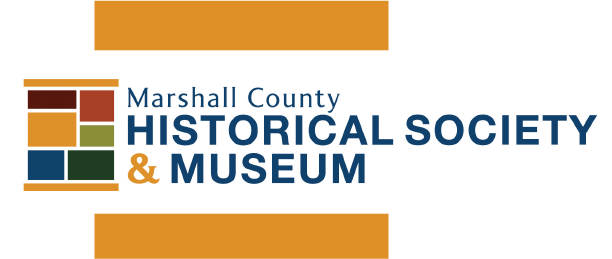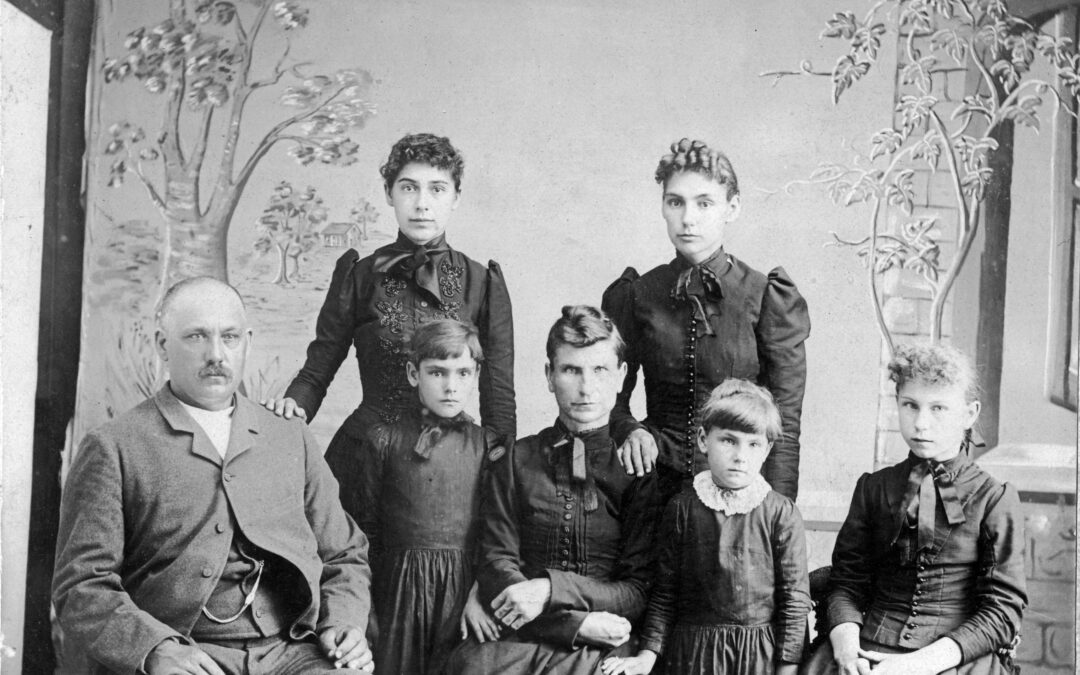Did you know that your Marshall County Historical Museum is an incredible research facility? Not only do we house the historical records, but we offer capable researchers to guide your journey. Here are a few tips that will set the stage for you to be successful in your search.
Sometimes a memory sparks the desire to find out more about a person, place or an event. Our research staff enjoys the challenge of digging out information. For example, we were asked for help to find a woman who had owned a local flower shop. Unfortunately, we didn’t have her name. In a situation like this, we still have other options to research. We can look in business listings for flower shops. We can narrow the search by general location first and then focus on a specific address or building. Over the years, our VIV, Very Important Volunteers, have created categorized records that make it easier for us to tackle any question from more than one direction.
Tell us briefly what you know. For instance, a man brought in a picture of a large group of people taken in front of a building. He thought it was a reunion of factory workers. We noticed that the front row was entirely children, which we suspected might mean a family reunion instead. He commented that his uncle was in the back row. “What is your uncle’s name?” That one piece of information led to our family files and an identical photo with details on the date and place of the reunion. From there, we were able to find more information for him about his family.
It is helpful to have an idea of the time frame you are interested in. If the family lived in Marshall County for only twenty years, the names would appear on a census, marriage, birth, or death records only during that period. Valuable research time is wasted searching earlier or later records.
Ask for copies of pertinent documents. For a small charge, you can have copies made of the information you find. This allows you to digest it slowly at home. Information may be available on members of the extended family that might not be relevant right now but prove invaluable later as your research expands. Especially when researching far from home, simplify the process by having copies made of everything you find.
Have an open mind about the spelling of your family name. It is common to find alternative spellings in historical records. Names may have been misspelled by a census taker, clerk, or newspaper editor. Names were shortened and “Americanized” at entry points like Ellis Island, or by choice, as immigrants came to a new land. Follow those leads long enough to either confirm or disprove a connection.

